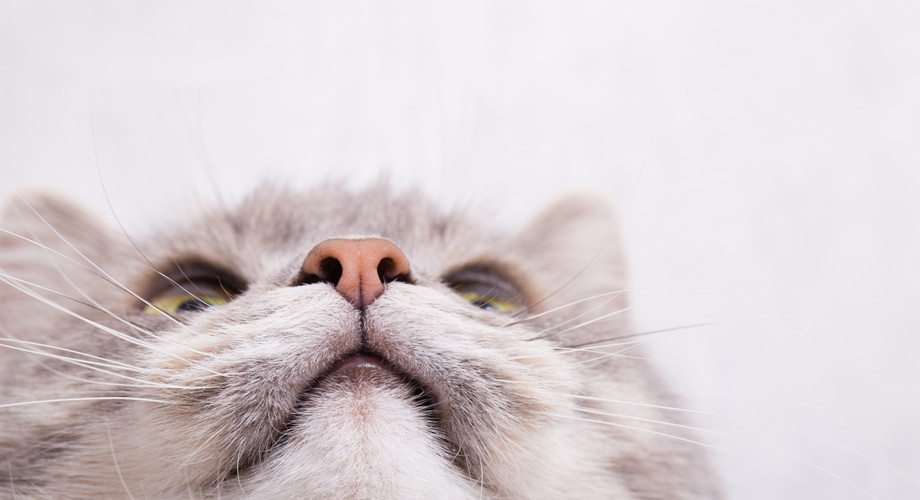What Does Your Cat's Nose Tell You About Their Health
Many myths persist about your cat's nose and its relationship to your cat's health. For example, many people believe that a wet nose is ideal, and that dryness indicates that something is wrong.
However, the reality is less clear-cut. It's advisable for you to get to know your cat well so you can tell when something about its appearance or behavior is out of the ordinary. If something about your cat's nose seems abnormal, and there are also other unusual signs or symptoms, it's best to schedule an appointment with your veterinarian.
What a Dry Nose Can Mean
Dryness in conjunction with one or more of the following symptoms can indicate that something is wrong with your cat's health:
- Loss of appetite
- Lethargy or sluggishness
- Its nose appears paler or has a yellow tint
- Redness, peeling or scabbing on the nose
- Nose pigmentation changes
- Nosebleeds
However, dryness doesn't always indicate a health concern and instead may stem from your cat's habits, activities and environment. For instance, cats who sit near a heat source are more likely to have a dry nose, especially in the winter. In cases like this, nose balm can help with reducing dryness and soothing your cat's nose.
What a Wet Nose Can Mean
A wet cat nose often means a healthy cat nose. However, it can also coincide with or mask a health condition, particularly a respiratory infection, or it may indicate that your cat has a foreign object or growth in your cat's nose. A wet nose may be a concern if accompanied by one or more of the following:
- Nasal discharge
- Sneezing or coughing
- Weepy or tearing eyes
- Crusting near the nose
- An increase in licking

Other Symptoms to Watch For
Other symptoms overlapping with a dry or wet nose can indicate a serious health condition. These include:
- A nose with cracked, flaky or weeping skin: These signs can point to an infection, autoimmune disease or cancerous condition. They may also indicate trauma to this area.
- Mouth breathing: Cats naturally breathe through their noses. If your cat has started breathing with its mouth and its nose is either wet or dry, it may be fighting off a respiratory infection or another condition that requires treatment.
- A change in daily habits: If your cat has an abnormally wet or dry nose, is reluctant to eat and has suddenly stopped grooming itself, it may have developed an autoimmune condition and should be seen by a vet.

